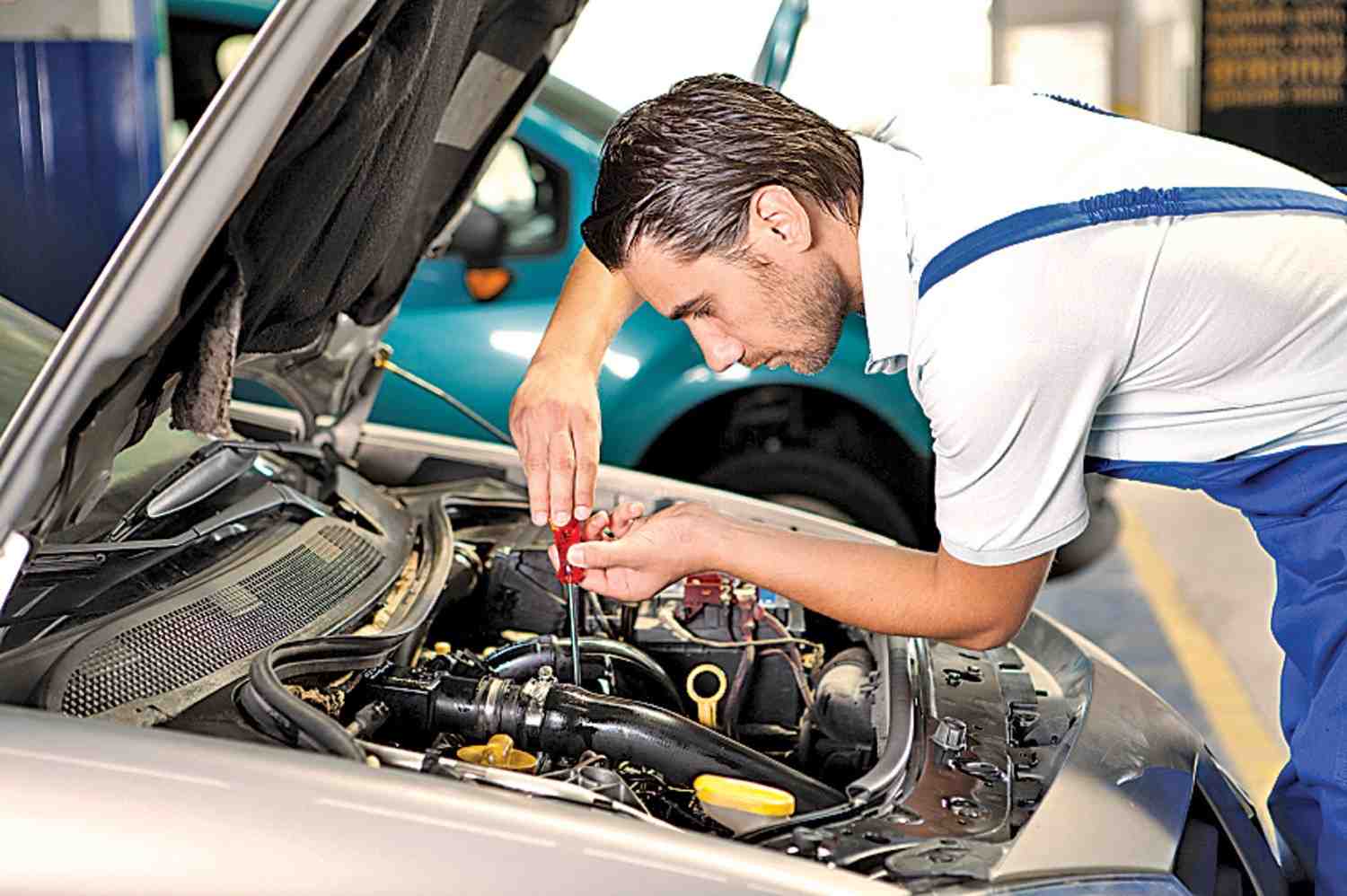Car repair is an essential aspect of vehicle ownership, ensuring safety, reliability, and longevity. Whether you are a seasoned mechanic or a car owner looking to save money and gain knowledge, understanding the basics of car repair can be incredibly beneficial. This guide delves into the various facets of car repair, from routine maintenance to troubleshooting common issues.
Importance of Regular Maintenance
Regular maintenance is the cornerstone of effective car repair. By adhering to a consistent maintenance schedule, you can prevent many common problems and extend the life of your vehicle. Key maintenance tasks include:
- Oil Changes: Regular oil changes keep the engine lubricated, reducing wear and tear. Most manufacturers recommend changing the oil every 3,000 to 5,000 miles.
- Tire Maintenance: Proper tire pressure and regular rotation prevent uneven wear and improve fuel efficiency. Check tire pressure monthly and rotate tires every 6,000 to 8,000 miles.
- Brake Inspections: Brakes are critical for safety. Inspect brake pads and rotors regularly and replace them when worn.
- Fluid Checks: Ensure all essential fluids, such as coolant, transmission fluid, and brake fluid, are at the appropriate levels.
- Battery Maintenance: Check the battery for corrosion and ensure it holds a charge. Most car batteries last about three to five years.
Common Car Repair Issues and Solutions
Despite regular maintenance, vehicles can still encounter issues. Here are some common car repair problems and their solutions:
- Engine Overheating: This can be caused by a low coolant level, a faulty thermostat, or a malfunctioning radiator. Check the coolant level first, and if it’s adequate, consider having the thermostat or radiator inspected.
- Dead Battery: If your car won’t start, a dead battery might be the culprit. Try jump-starting the vehicle. If it starts, the battery likely needs to be replaced or recharged. If it doesn’t, the issue could be with the alternator or starter.
- Brake Squealing: Squealing brakes often indicate worn brake pads. Replace them promptly to avoid damage to the rotors.
- Check Engine Light: This light can indicate a variety of issues, from a loose gas cap to a faulty oxygen sensor. Use an OBD-II scanner to diagnose the problem or take the car to a professional for a comprehensive diagnosis.
- Transmission Problems: Symptoms include difficulty shifting gears, slipping gears, or strange noises. These issues often require professional attention, as transmission repairs can be complex.
DIY Car Repair Tips
Many car repair tasks can be performed at home with the right tools and knowledge. Here are some DIY tips:
- Oil Change: Drain the old oil, replace the oil filter, and add new oil according to your vehicle’s specifications. Always dispose of old oil responsibly.
- Brake Pad Replacement: Remove the wheel, take out the old brake pads, and install new ones. Ensure the brake caliper is reattached securely.
- Battery Replacement: Disconnect the negative terminal first, then the positive. Remove the old battery, place the new one, and reconnect the terminals starting with the positive.
- Air Filter Replacement: Open the air filter box, remove the old filter, and insert a new one. This simple task can improve engine performance and fuel efficiency.
When to Seek Professional Help
While many car repair tasks can be handled at home, some issues require professional expertise. Seek professional help for:
- Complex Engine Repairs: Issues like timing belt replacement, head gasket repair, or engine rebuilds should be left to professionals.
- Transmission Repairs: Transmission issues are intricate and often need specialized tools and knowledge.
- Advanced Diagnostics: If you cannot identify the cause of a problem using basic diagnostic tools, a professional mechanic with advanced equipment may be necessary.
Choosing a Reliable Mechanic
Selecting a trustworthy mechanic is crucial for effective car repair. Look for mechanics with:
- Certifications: ASE (Automotive Service Excellence) certification indicates a high level of competence.
- Good Reviews: Check online reviews and ask for recommendations from friends and family.
- Transparent Pricing: A reliable mechanic provides clear, upfront pricing without hidden fees.
- Warranty: Reputable shops often offer warranties on their work, ensuring peace of mind.
Conclusion
Understanding the basics of car repair empowers vehicle owners to maintain their cars better and make informed decisions. Regular maintenance, knowing common issues and solutions, and recognizing when to seek professional help are all critical aspects of keeping a car in top condition. Whether tackling a DIY project or visiting a mechanic, a proactive approach to car repair ensures a safe and reliable driving experience.





